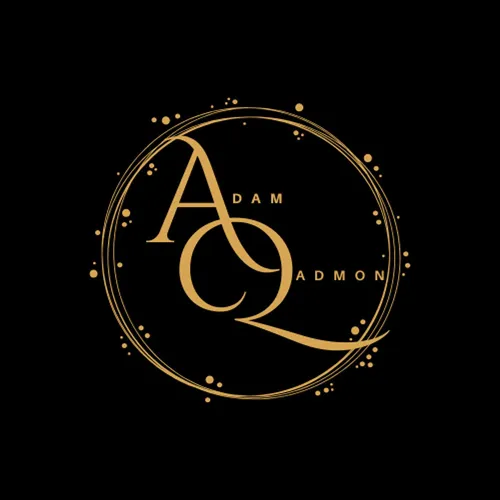Proverbs 13:6 - Cosmic Justice
- Author
- Kim & John
- Published
- Mon 09 Jun 2025
- Episode Link
- None
Dust settles on an empty street as justice prevails once again. The hero rides off into the sunset, leaving behind a town freed from villainy. But why does this formulaic Western ending satisfy us so deeply?
Our exploration begins with the magnetic appeal of classic Western films—those straightforward tales where good guys wear white hats, villains don black, and moral clarity reigns supreme. We unpack why these simple narratives continue to captivate us, suggesting they tap into something fundamental in the human spirit: our innate longing for justice and the triumph of good over evil. There's a peculiar comfort in the certainty these stories provide—not just that heroes will win through skill or luck, but that villainy contains an inherent flaw destined to bring about its own destruction.
From this cinematic foundation, we draw a compelling parallel to spiritual truths about ultimate justice. The episode makes a powerful connection between Western showdowns and Christ's victory over sin and death—positioning it as the definitive triumph of righteousness that "slammed the door on evil" once and for all. We examine how this spiritual perspective offers a cosmic version of the Western's satisfying conclusion: not just a temporary win, but a permanent establishment of justice that "sent forth a light that will never be extinguished."
This provocative comparison raises thoughtful questions about how we reconcile our desire for clear-cut justice with the morally ambiguous world we inhabit. How does the black-and-white morality of Westerns inform our understanding of good and evil in a world painted in shades of gray? Listen now and consider what it means to believe in an ultimate victory over darkness while navigating life's complexities and injustices. Like those classic films promised, perhaps "the black hats don't stand a chance" after all.
Proverbs 13:6
Genesis 5:2
